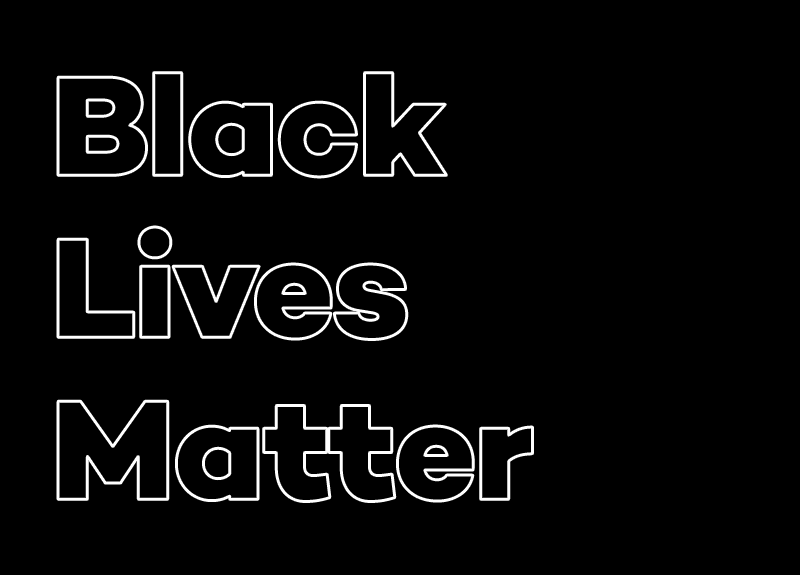We join colleagues, students, alumni, and Northwestern’s institutional leadership in profound sadness and outrage at the killing of George Floyd in Minneapolis. Mr. Floyd’s death, and ensuing global protests, lay bare, yet again, the visceral pain and suffering experienced by black Americans, rooted in a legacy of systemic racial divide. These are not just “impacted communities,” but individual lives with full and felt personal histories. On behalf of ISEN, we state unequivocally that Black lives matter.
Fundamentally, poor and disenfranchised communities of color have borne the disproportionate brunt of our environmental legacy, facing far greater health risks from particulate air pollution, exposure to climate-fueled flood and extreme heat events, and lesser access to clean drinking water. These impacts are further exacerbated by investment inequity. Taken as a whole, our most vulnerable citizens carry much of the economic and social burden, while reaping an underweighted percentage of the benefits.
These are but a few examples of the intersection of sustainability and energy with racial disparity, which collectively illustrate a profound and implicit dimension of social justice in the fight for a cleaner, more resilient world. This is why ISEN seeks scalable global solutions to shape a more equitable, sustainable society.
Words matter, but action matters more. In the coming academic year, we will ask members of our Northwestern and stakeholder communities – particularly voices of color – to join us in public introspection and dialogue on the intersection of race, equity, and climate, including energy poverty, environmental health exposure, and jobs and workforce diversity. Expect follow-up from the Institute in the coming weeks and months concerning specifics around programming dates; in the meantime, we ask for your input to help us define the key issues to be addressed.
As we reflect on how we can be better advocates and change-agents for a broken system, we mourn the lives that have been lost to physical and structural brutality, from police violence to the disproportionate impact of the COVID-19 pandemic on black and brown communities. We join together with everyone calling for fundamental changes to shape a more equitable society.
On behalf of the ISEN team,
Michael R. Wasielewski
Executive Director, Institute for Sustainability and Energy at Northwestern (ISEN)
Clare Hamilton Hall Professor of Chemistry



